The post 10 Vet-Verified Signs Your Dog Feels Neglected & How To Prevent It by Jessica Kim appeared first on Dogster. Copying over entire articles infringes on copyright laws. You may not be aware of it, but all of these articles were assigned, contracted and paid for, so they aren’t considered public domain. However, we appreciate that you like the article and would love it if you continued sharing just the first paragraph of an article, then linking out to the rest of the piece on Dogster.com.
Click to Skip Ahead
Dogs are sensitive animals, and it’s important for dog owners to care for their emotional health as much as their physical health. When dogs don’t receive adequate love and attention, they can start to feel neglected.
Neglect can have a significant negative impact on a dog’s well-being. Not only is it an emotional issue, but it can end up harming your dog’s physical health. Therefore, it’s important to be aware of the signs that dogs show when they start to feel lonely or neglected. Here are some of the more common signs.

The 10 Signs Your Dog Feels Neglected
1. Increased Barking and Whining
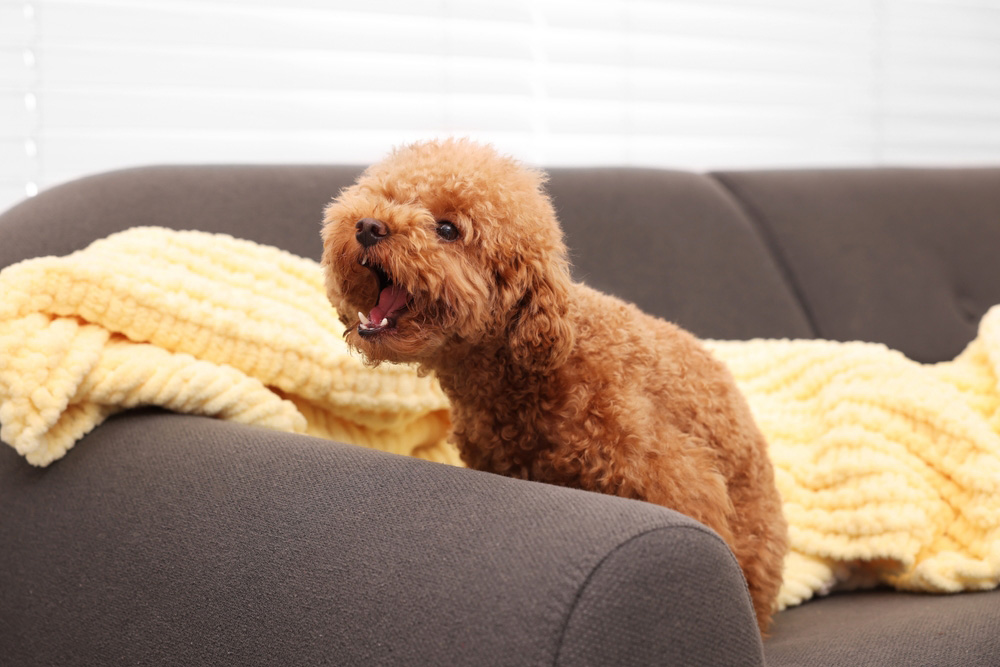
When your dog starts to feel neglected, they may try to make more attempts to get your attention. You may notice them barking and whining more than normal. It can be a double edged sword, where if you consistently pay more attention to your dog when they whine or bark, they’ll learn that making a lot of noise is an effective way to draw your attention to them, so they will continue to do so.
2. Pawing at You
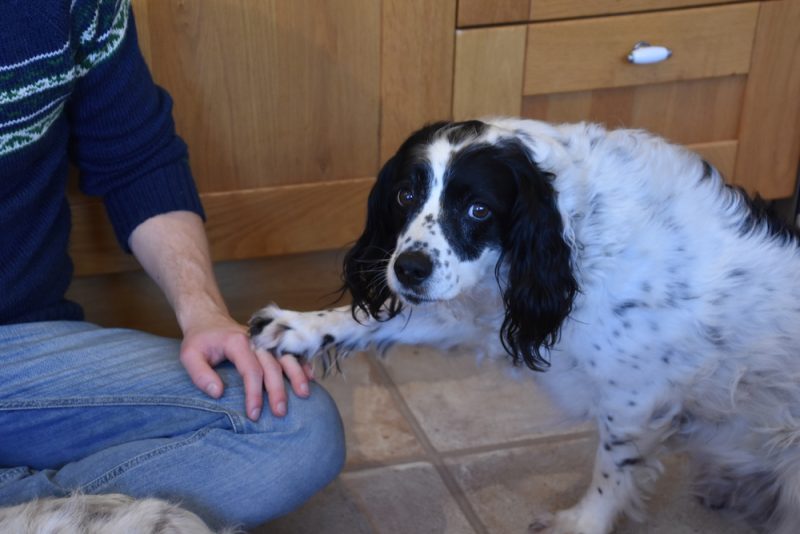
If barking and whining don’t really get your attention, your dog may start to paw at you more. It can start with light taps and quickly escalate to attempted scratching.
It’s important to note that dogs can paw at you when there’s something that they want or if they feel that something is wrong. When a dog paws with purpose, they may try to lead you to the problem once they get your attention. For example, your dog may paw at you and then run to your couch so that you can reach for a toy that rolled beneath it.
In contrast, dogs that feel neglected may seem like they’re pawing at you for no reason other than to get your attention. They may also rub their face against your hand to get you to pet them.
3. Increased Bathroom Accidents
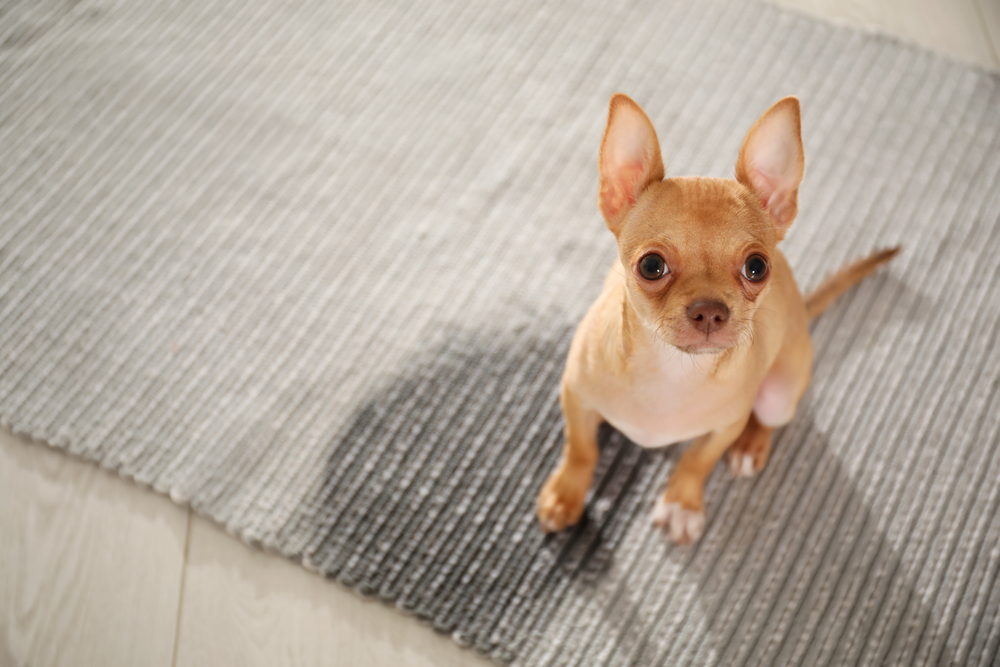
Dogs that feel neglected may also have to have bathroom accidents in the house, even if they’re fully potty trained. It’s common for dogs to start urinating in the house when they feel fear, anxiety, or frustration. Considering how these emotions can come with feelings of neglect, it makes sense that some dogs will start to pee in the house when they start to feel lonely.
Of course, changes in urine habits can also indicate an underlying health issue like a urinary tract infection, Cushing’s disease, and kidney disease. Therefore, it’s best to get your dog to your veterinarian for a physical exam if they are suddenly having bathroom accidents.
4. Destroying Furniture
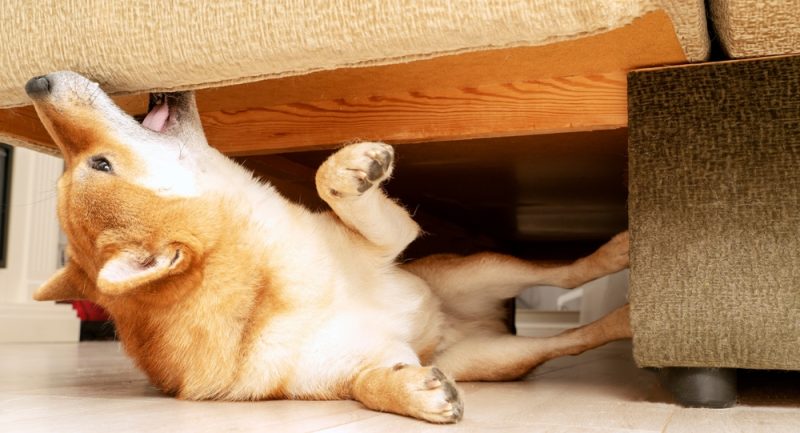
Dogs who feel neglected and bored may begin to develop destructive behaviors. They can have pent-up energy, anxiety, and frustration, which can cause them to resort to destroying furniture. Your dog may bite and rip up pillows and couch cushions. They may also scratch and dig at carpets and curtains.
Destroying furniture can become an attention-seeking behavior. If you continue to react to your dog whenever they destroy furniture, they start to learn that this behavior is an effective way of getting your attention, even if it’s negative attention.
5. Separation Anxiety
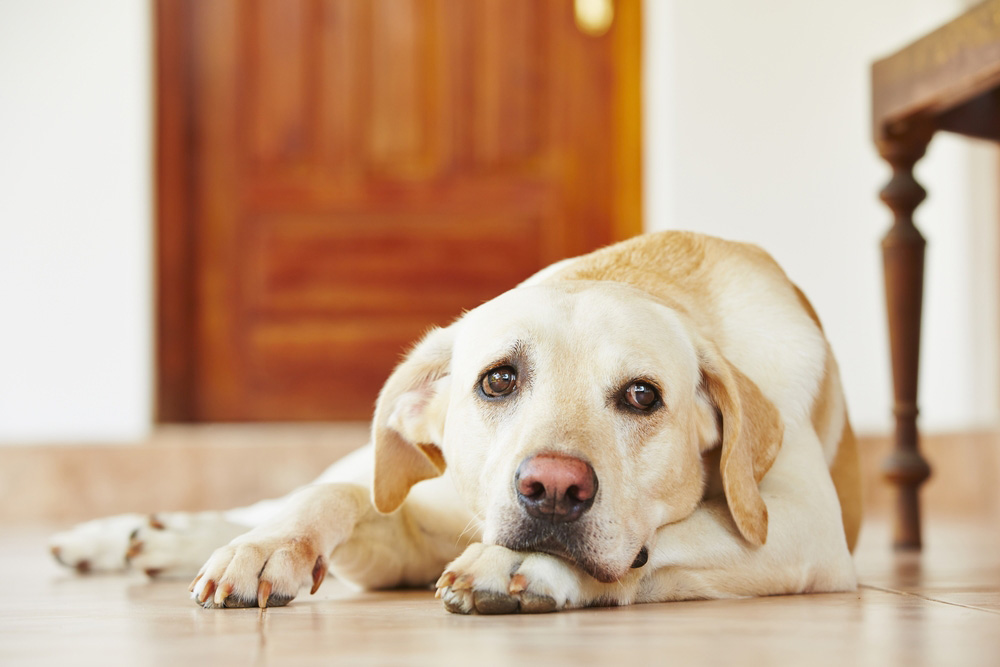
Dogs that feel neglected are also prone to developing separation anxiety. Separation anxiety is a behavioral issue that occurs when dogs start to feel distressed when they’re not with their owners.
Dogs may start to develop it when they experience significant changes in the home, such as an addition to the family or moving to a new house. It’s important to show your dog proper attention and care when your household goes through significant changes.
6. Changes in Weight and Eating Habits
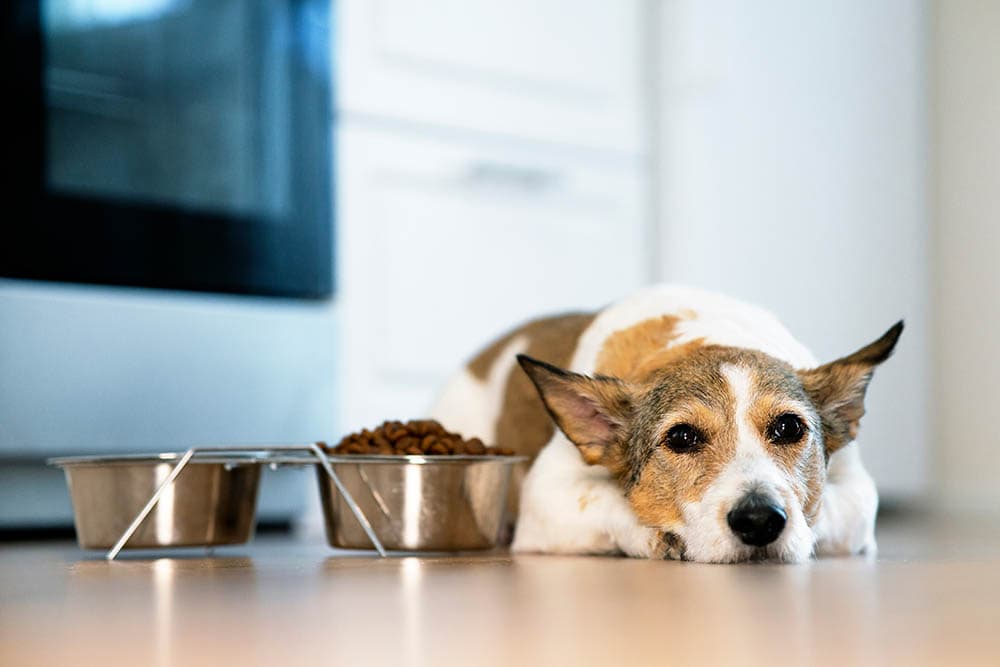
Dogs have individualized experiences when feeling neglected, and it’s possible for the feelings associated with neglect to influence your dog’s eating habits. Some dogs may start to eat more while others will lose interest in eating. As a result, dogs can also start to gain or lose weight when they feel neglected.
It’s difficult to determine if your dog will eat more or less when they’re feeling neglected. For example, dogs who feel anxious are less likely to eat.
7. Increased Sleep

Sometimes, dogs will begin to feel depressed when they’re lonely or neglected. A common sign of depression in dogs is increased sleep and disinterest in playing or engaging in fun activities.
Dogs do spend a lot of time napping and sleeping. On average, healthy adult dogs can sleep an average of 12-14 hours a day. So, it can be difficult to determine if your dog is sleeping a normal amount or if they’re sleeping too much. Therefore, it’s important to be aware of your dog’s normal sleep patterns so that you can easily detect when something is off.
8. Hyperactivity
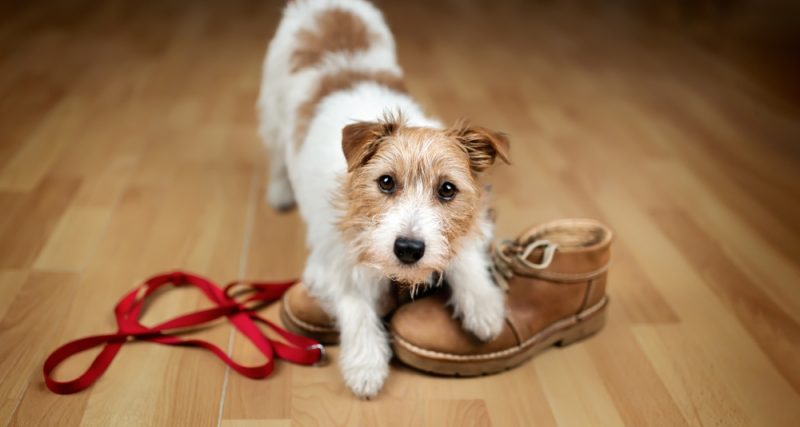
While some dogs will slow down and become lethargic when they feel neglected, other dogs can have the opposite reaction and become hyperactive. Dogs that don’t get enough exercise, mental stimulation, and social interaction may have pent-up energy. When they don’t have healthy outlets to express this energy, they can become hyperactive and hyperreactive.
Active dog breeds that belong in herding groups and working groups are more likely to become hyperactive when neglected. These dog breeds have a lot of energy and stamina, so it’s important for them to get enough exercise and engage in enriching activities.
9. Excessive Licking
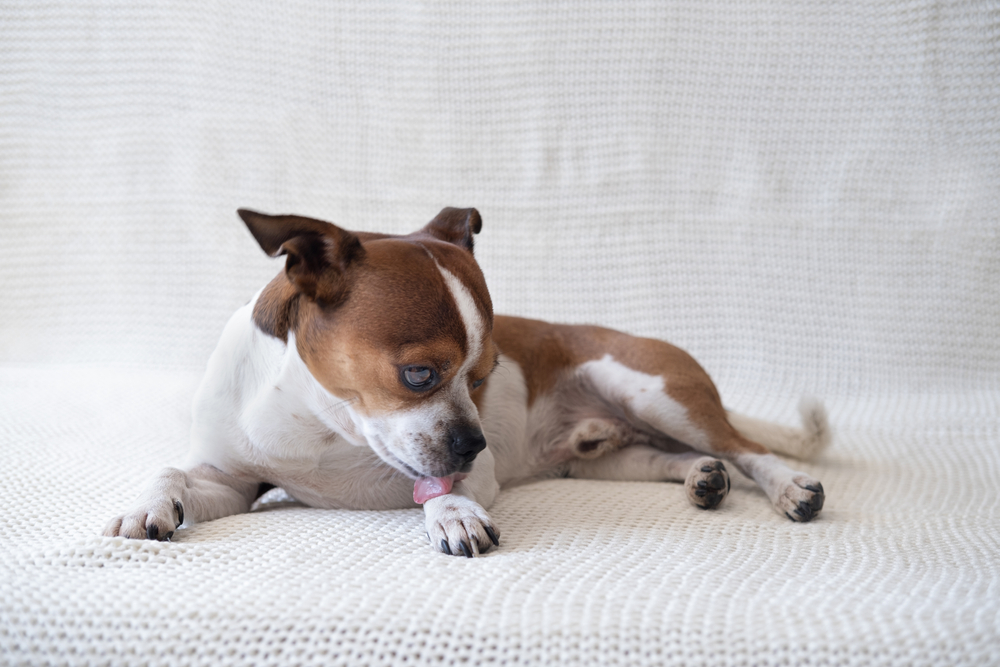
Licking is a normal behavior in dogs. Dogs can lick to taste objects, communicate, and groom themselves. However, there is such a thing as too much licking, and it can be an indicator of feeling neglected.
Dogs can lick to get your attention or try to self-soothe. Studies have shown that licking releases endorphins in a dog’s brain, which means that it can produce a calming effect in them. Therefore, dogs can start to lick things when they’re feeling distressed. Excessive licking can also turn into a compulsive behavior for dogs experiencing neglect.
10. Withdrawal
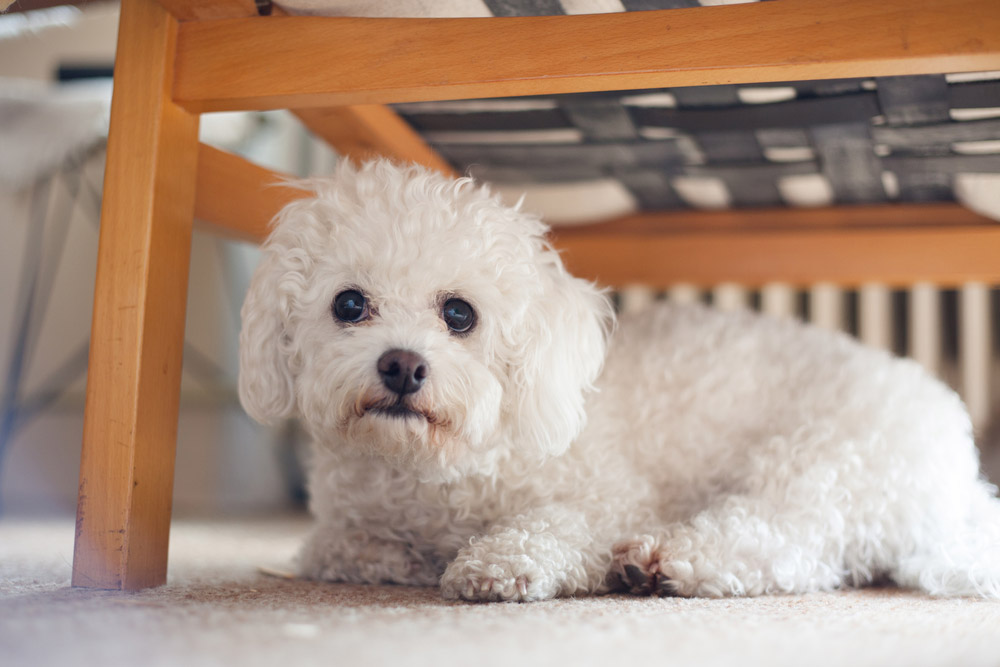
When dogs feel neglected, they may choose to hide and withdraw. They often do this as an attempt to distance themselves from their stressors. So, if they feel fearful or unhappy at home, they may want to hide in a discreet location in order to feel safer. Dogs that feel bored may also withdraw because they’ve become disinterested with their surroundings.

Preventing Feelings of Neglect in Your Dog
Dogs can start to feel neglected for a variety of reasons. It can be caused by changes in their routine, moving to a new home, losing a family member, or gaining a new family member. Dogs are sensitive animals that are highly aware of their surroundings, so any sudden changes can cause them to feel uneasy and need to be comforted.
If your dog is suddenly showing signs of neglect, think of all the possible recent changes they’ve experienced. It’s likely they’re feeling distressed from one of these changes or a combination of them.
It’s also important to maintain a healthy routine for your dog. All dogs need a certain level of exercise, play, and attention to live happy and healthy lives. This routine will vary from dog to dog and often depends on your dog’s breed, temperament, and age.
Incorporating appropriate amounts of exercise and playtime into your dog’s daily routine will help prevent them from feeling neglected. They’ll also need to spend enough quality time with you to feel happy, content, and loved. So, make sure to identify specific activities that you and your dog can enjoy together. Some fun activities that dogs may enjoy include car rides, hiking, learning new tricks, or participating in dog sports.
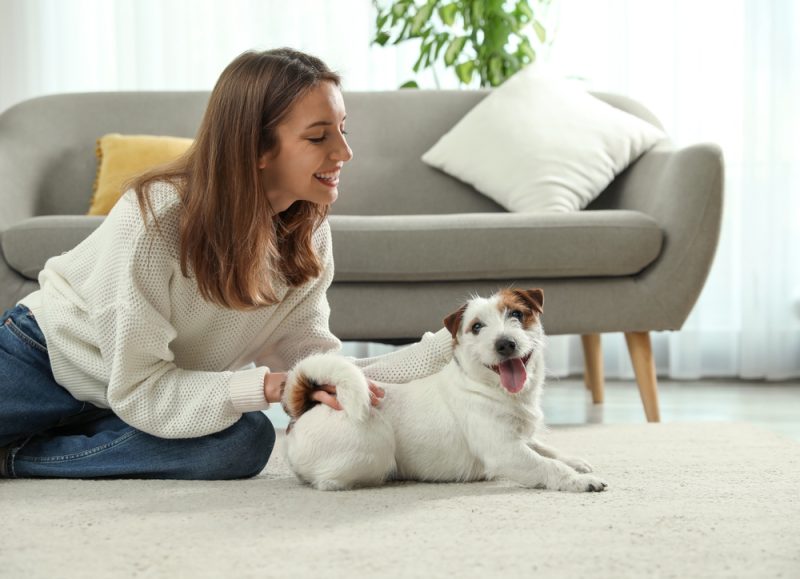

Conclusion
Feelings of neglect must be taken seriously because they can be detrimental to your dog’s physical and emotional well-being. If you’ve noticed any behavioral changes in your dog, it’s best to first visit your veterinarian to rule out any medical causes.
Dogs can feel neglected for a variety of reasons, and they’ll express their feelings in different ways. Fortunately, there are many things you can do to help your dog feel less neglected and more loved. Creating a healthy routine for them that’s filled with exercise, enrichment activities, and quality time with people will significantly improve your dog’s quality of life and ensure that they feel safe and loved.
Featured Image Credit: evrymmnt, Shutterstock
The post 10 Vet-Verified Signs Your Dog Feels Neglected & How To Prevent It by Jessica Kim appeared first on Dogster. Copying over entire articles infringes on copyright laws. You may not be aware of it, but all of these articles were assigned, contracted and paid for, so they aren’t considered public domain. However, we appreciate that you like the article and would love it if you continued sharing just the first paragraph of an article, then linking out to the rest of the piece on Dogster.com.

